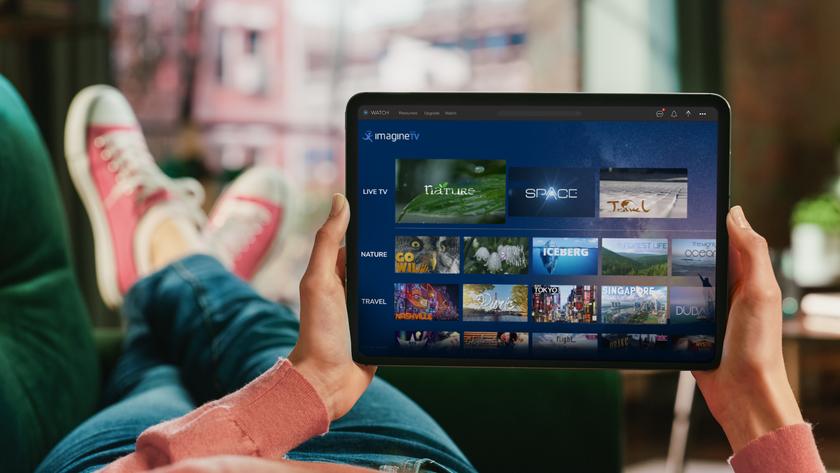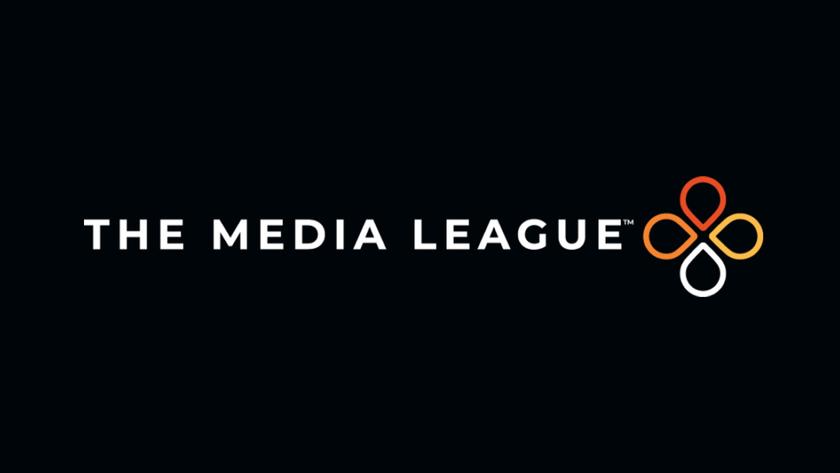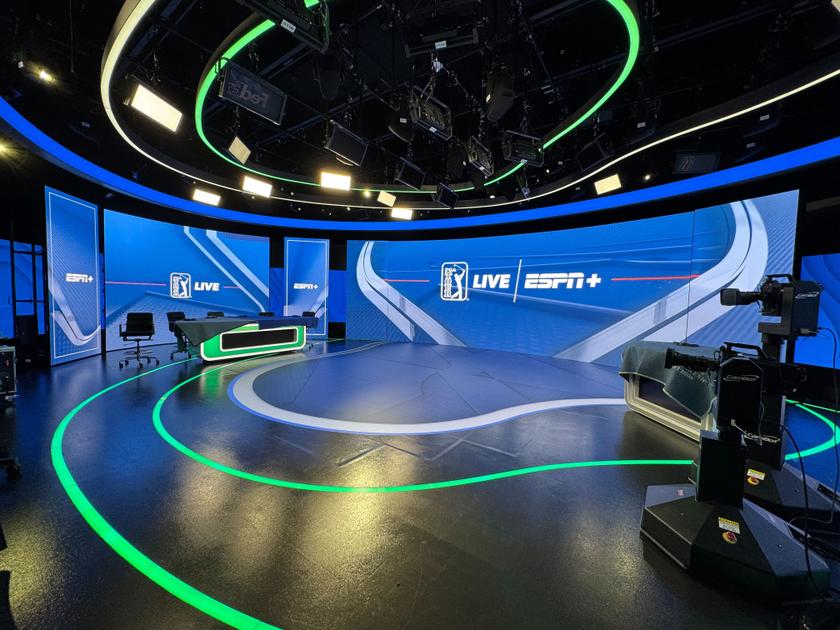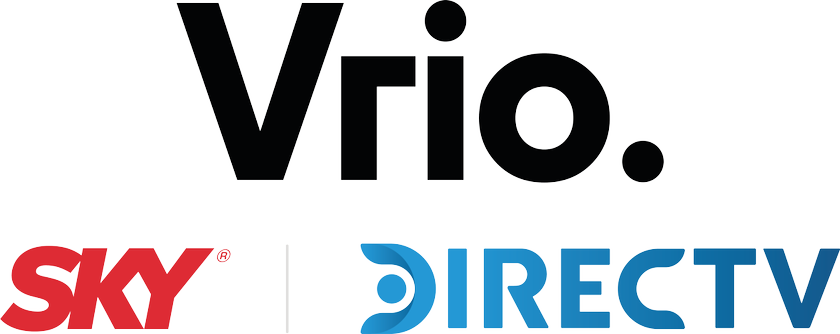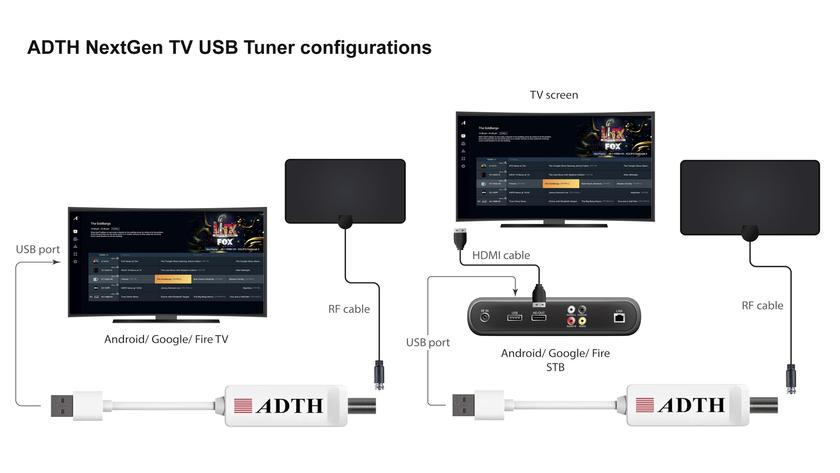Senate Judiciary Committee Passes the Journalism Competition and Preservation Act
“This legislation will enable local media to negotiate for the fair market value of our news content,” the NAB said
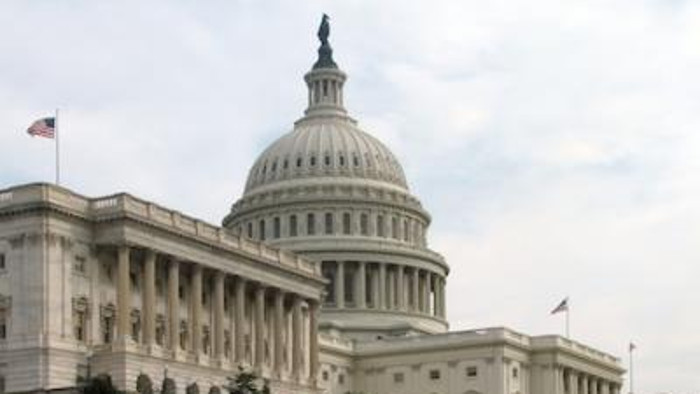
WASHINGTON, D.C.—The Senate Judiciary Committee has passed the reintroduced Journalism Competition and Preservation Act by a vote of 14 to 7, prompting the NAB to applaud the action saying it would “enable local media to negotiate for the fair market value of our news content.”
The bill passed the Judiciary Committee last year but did not get a vote in the full Senate.
Senators Amy Klobuchar (D-MN), chairwoman of the Senate Judiciary Subcommittee on Competition Policy, Antitrust and Consumer Rights, and John Kennedy (R-LA) reintroduced the Journalism Competition and Preservation Act on March 31, 2023.
It still needs to pass the full Senate and faces an uphill battle in the House before it could be signed into law.
"NAB applauds the Senate Judiciary Committee for its strong bipartisan passage of the Journalism Competition and Preservation Act,” NAB president and CEO Curtis LeGeyt said in a statement. “For too long, local news outlets have been at the mercy of Big Tech behemoths that devalue broadcasters' critical community-focused journalism when it is accessed online. This legislation will enable local media to negotiate for the fair market value of our news content. We appreciate the leadership and hard work of Sens. Klobuchar and Kennedy to address the impact of Big Tech’s outsized market power on local journalism, and we applaud Chairman Durbin, Ranking Member Grassley and the bipartisan members of the committee for supporting this important legislation."
The bill’s sponsors say the legislation would:
- Empower eligible digital journalism providers—that is, news publishers with fewer than 1,500 exclusive full-time employees and news broadcasters that engage in standard newsgathering practices—to form joint negotiation entities to collectively negotiate with a covered platform over the pricing, terms, and conditions under which the covered platform’s access to digital news content.
- Require covered platforms—which are online platforms that have at least 50 million U.S.-based users or subscribers and are owned or controlled by a person that has either net annual sales or market capitalization greater than $550 billion or at least 1 billion worldwide monthly active users—to negotiate in good faith with the eligible news organizations.
- Enable non-broadcaster news publishers to demand final-offer arbitration if their joint negotiation with a covered platform fails to result in an agreement after six months.
- Create a limited safe harbor from federal and state antitrust laws for eligible digital journalism providers that allows them to participate in joint negotiations and arbitration and, as part of those negotiations, to jointly withhold their content from a covered platform.
- Prohibit discrimination by a joint negotiation entity or a covered platform against an eligible digital journalism provider based on its size or the views expressed in its content and provide a private right of action for violations of this prohibition.
- Prohibit retaliation by a covered platform against eligible digital journalism providers for participating in joint negotiations or arbitration and provide a private right of action for violations of this prohibition.
Get the TV Tech Newsletter
The professional video industry's #1 source for news, trends and product and tech information. Sign up below.
George Winslow is the senior content producer for TV Tech. He has written about the television, media and technology industries for nearly 30 years for such publications as Broadcasting & Cable, Multichannel News and TV Tech. Over the years, he has edited a number of magazines, including Multichannel News International and World Screen, and moderated panels at such major industry events as NAB and MIP TV. He has published two books and dozens of encyclopedia articles on such subjects as the media, New York City history and economics.
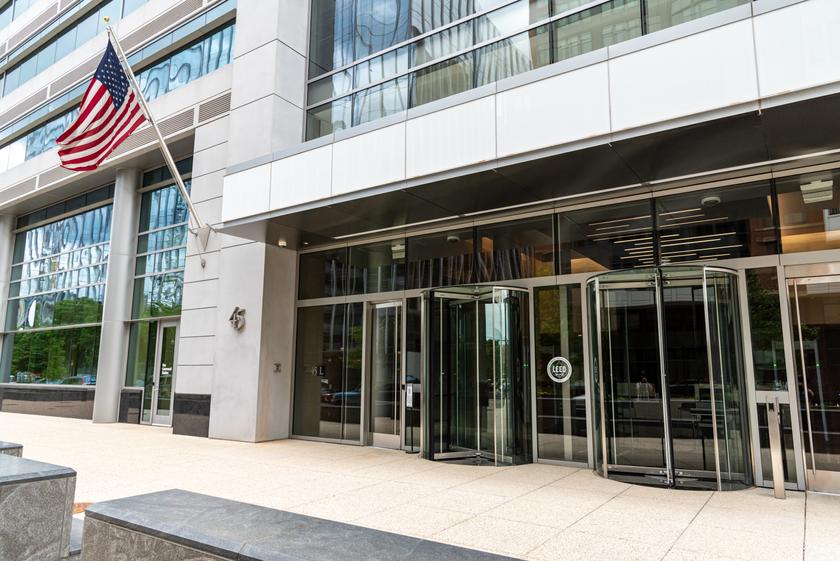
NAB Urges FCC to “Completely Repeal” Broadcast TV Ownership Restrictions

NAB Urges FCC to Allow Software-Based EAS

